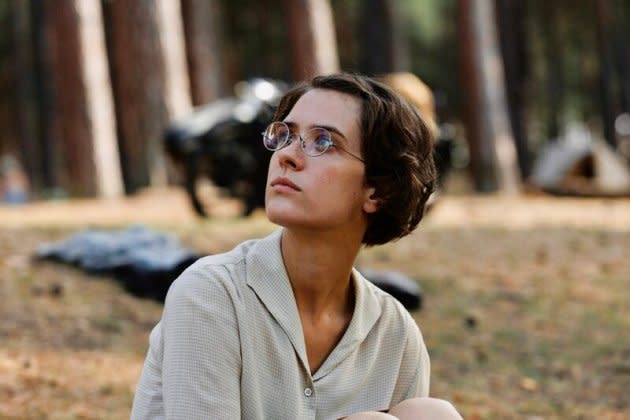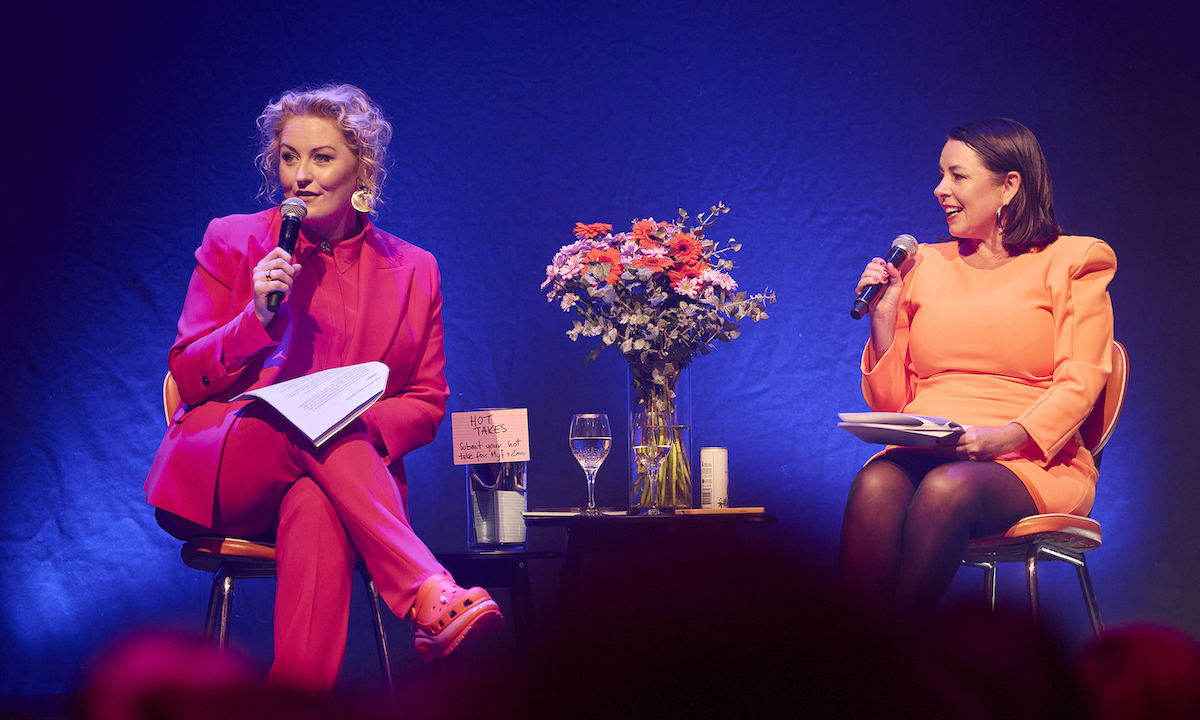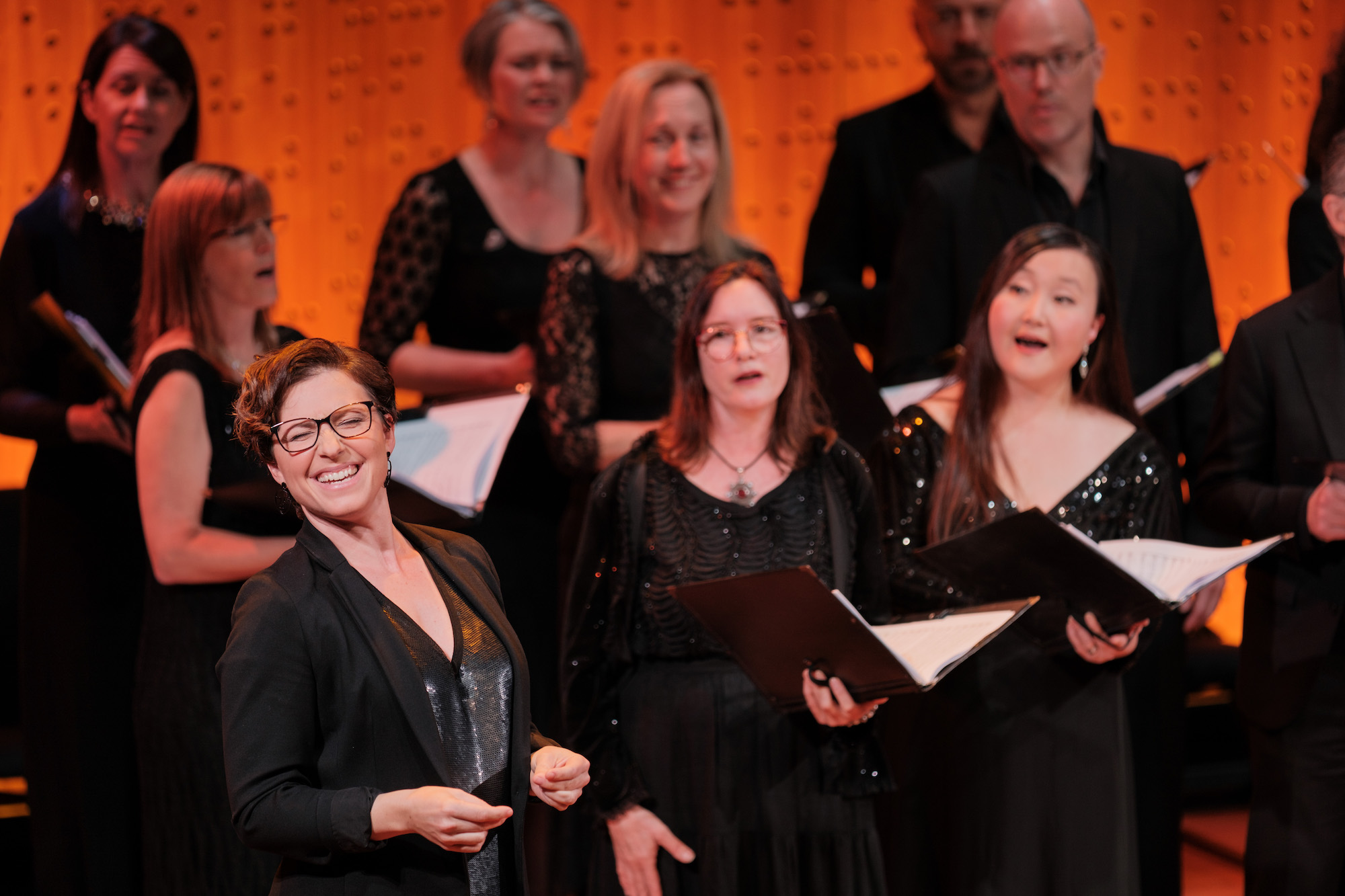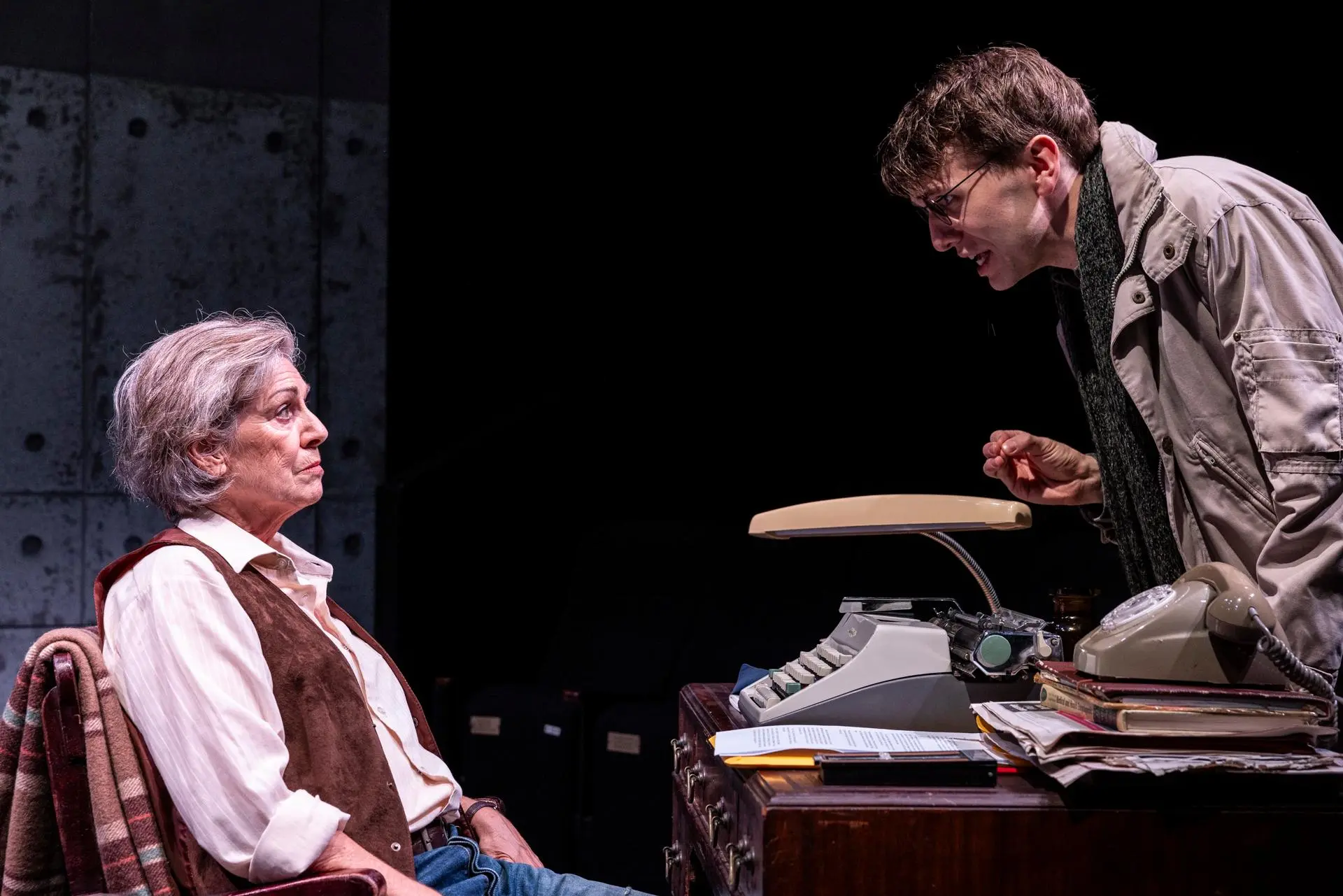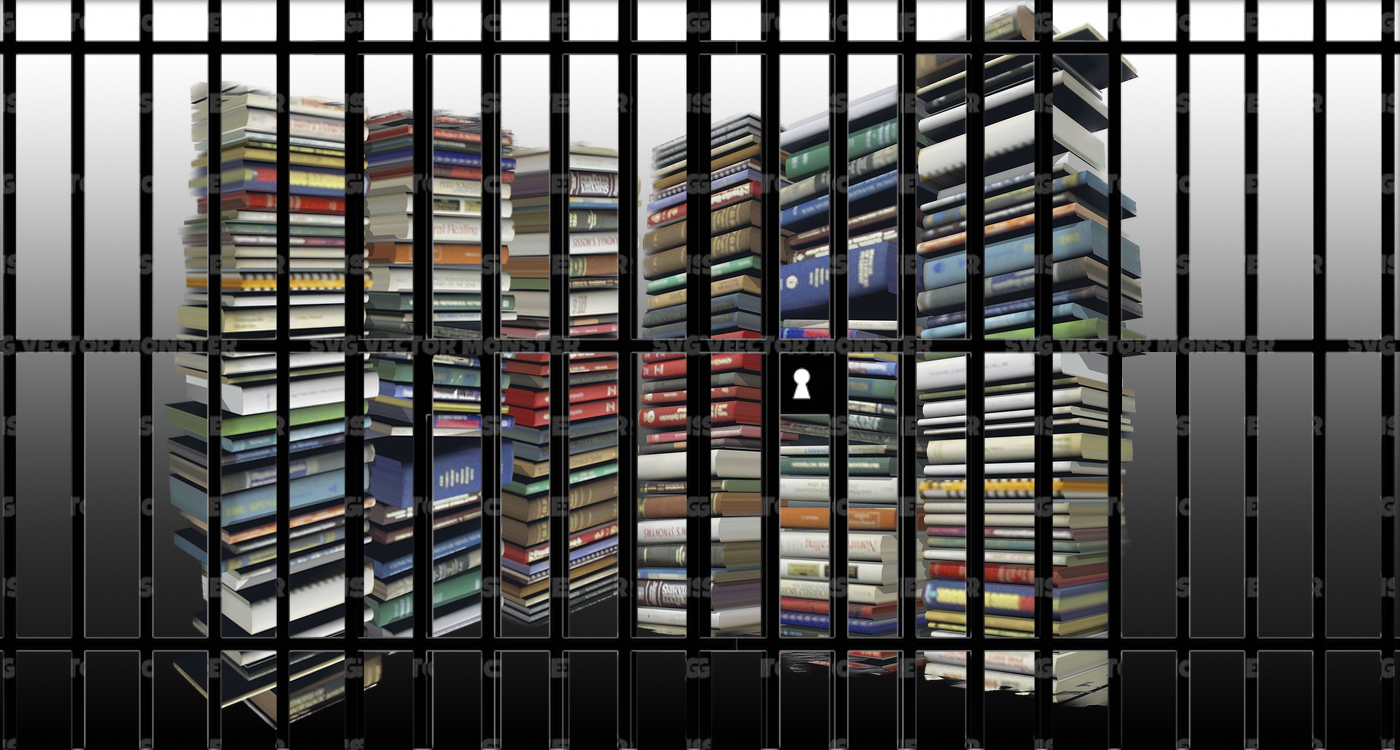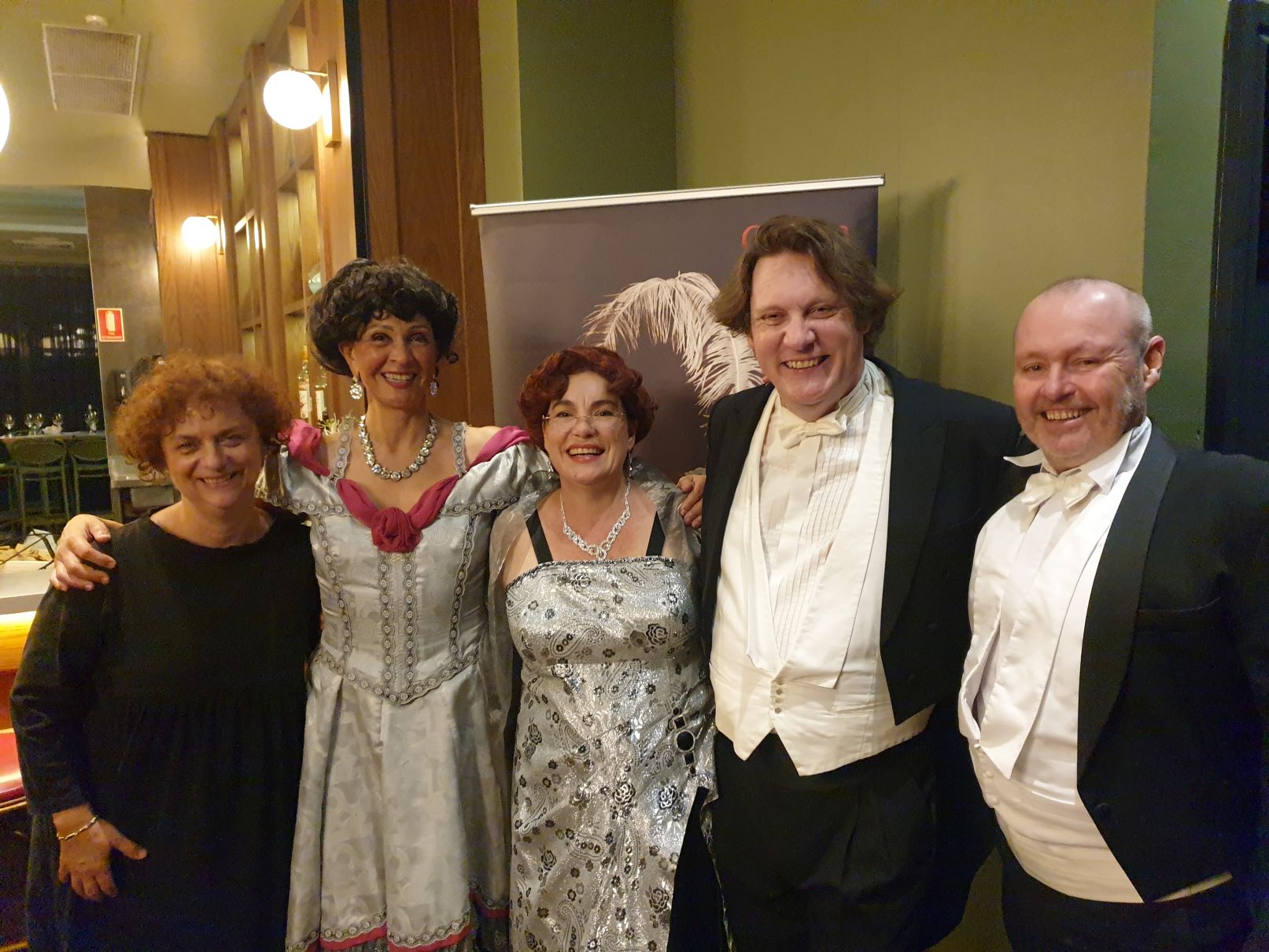
Julia and that famous speech
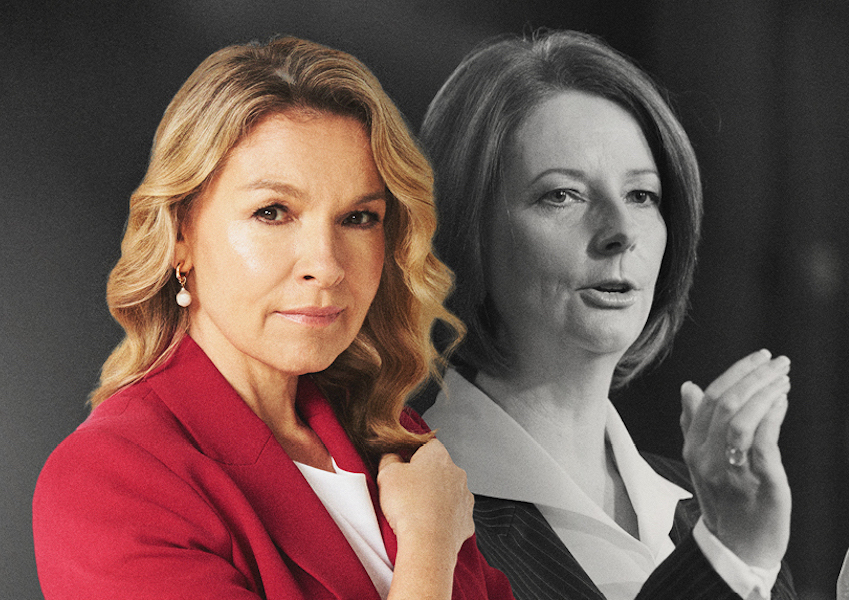
There was no reason to expect that the sitting of Federal Parliament on October 9, 2012 would be in any way remarkable – and it almost wasn’t. But a careless barb by the then opposition leader, Tony Abbott was the final spark that ignited a tinderbox of dried, seasoned anger for Prime Minister Julia Gillard. She then delivered a spontaneous, chamber-rattling speech that would resonate world-wide and etch itself into history as “the misogyny speech”.
Julia Gillard’s speech has been analysed, critiqued, rendered in artworks, set to music, parodied on social media, converted into memes and GIFS, and revered.
The Misogyny Speech is at the core of a new play, Julia, written by acclaimed playwright Joanna Murray-Smith.
“It’s so magnificently composed, it was brilliantly given…it was one of the most inspiring political speeches we’ve heard in this country and, you know, it went viral around the world,” says Murray-Smith.
Murray-Smith was offered the commission to write the play by Sydney Theatre Company artistic director, Kip Williams. She was initially lukewarm about the idea. Up to that point, she’d never felt a personal affinity with Prime Minister Gillard.
“I wasn’t a true believer. I had voted for her – I am a Labor voter – but I wasn’t particularly enamoured with her. I was pleased that there was a woman prime minister, but I was not uncritical of aspects of her leadership, particularly with regards to refugees,” explains Murray-Smith.
It wasn’t until she started reading and researching in earnest, that Murray-Smith began to really appreciate what Gillard had had to endure as Australia’s first female prime minister; the antagonism levelled at her from other politicians, journalists and members of the general public.
“And the absolute miracle of her emerging out of her leadership in tact as a human being, and in fact more than in tact, able to do great things in the world which is what she’s doing now,” says Murray-Smith, who shifted from indifference to utter awe and respect. “I was completely fascinated by this rather extraordinary woman who does not appear to be extraordinary on the outside.”
What sealed the deal was getting the okay to write the play from Gillard herself, with whom Murray-Smith had a several-hour long interview.
“I was kind of overwhelmed during that interview by how generous she was,” says Murray-Smith.
The resulting play, Julia, is a one-woman show in which Gillard directly addresses the audience, jumps across timelines, and shares personal thoughts and memories, not necessarily factual but informed by Murray-Smith’s research and interview with Gillard.
Justine Clarke is playing Julia Gillard and Murray-Smith could not be more thrilled.
“I have wanted to work with Justine for a long time, I think she’s one of our very, very best actors in the country, and wonderful on stage,” beams Murray-Smith. “[She’s] the perfect actor to do it because you sort of love her from the get go. She’s just adorable. She’s deeply intelligent and very, very reflective but she’s very human, she’s got a beautiful sense of humour.”


